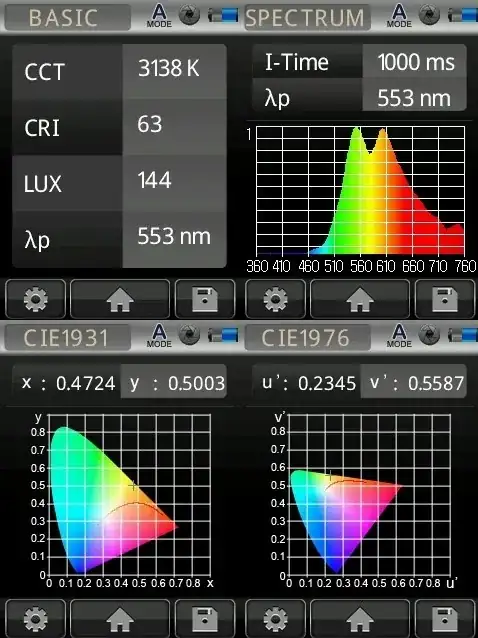There is no evidence that sitting at a computer screen has any effect on the development of age-related macular degeneration or any other retinal problems except for eye straining referring to Dr. Stephen Rose. Patients at risk for age-related macular degeneration who are frequent users of LED computer monitors need to protect their eyes from harmful blue-violet light using blue-blocking lenses.
Comments below are from a roundtable paper from a lens maker called Crizal.
It is unclear what long term effect this increased exposure to short-wavelength light will have on us; but it is certainly cause for further study and for taking some steps to reduce needlessly high exposures
to short wavelength light.
In addition, the proliferation of digital screens in use today has caused an increase in our exposure to blue wavelengths. The impact of this increase is potentially concerning, though further studies are warranted.
Blue light has some degree on the circardian rhythm which plays a important role in natural sleep-wake cycles. Research here and here shows that artificial light from computer monitors suppresses the natural release of melatonin during night and reducing the blue content of light at night will reduce (but not eliminate) the effect on the circadian system. However, more research evidence is needed to prove that screens are causing health problems referring to Dr. Richard Hansler.
Melatonin is a natural hormone manufactured from tryptophan by the pineal gland in the brain which plays an important role in the sleep cycle. Melatonin production and release in the brain is related to the time of day since its levels tend to rise in the evening and fall in the morning. Light at night blocks its production.
Melatonin supplements may help some people with certain sleep disorders, including jet lag, sleep problems related to shift work, and delayed sleep phase disorder (one in which people go to bed but can’t fall asleep until hours later), and insomnia. Melatonin supplements appear to be safe when used short-term; less is known about long-term safety.
Research shows that decreases in melatonin production in human and animals are known to be caused by environmental lighting, especially short-wavelength lighting (between 470 and 525 nm). Research by NASA shows neither bright nor dim 555 nm light at night could improve performance to the same extent as blue light. Melatonin effects on sleep patterns and alertness are reported here, here and here.
Effects of light
Research shows electronic devices such as tablets, smartphones, and other devices with self-luminous electronic displays emit light at short wavelengths such as blue to produce white light, close to the peak sensitivity of melatonin suppression and this leads to reduction of sleep duration and disruption of sleep.
Light applied at specific times of day can be used to shift the timing of the biological circadian clock and reduce misalignment.
